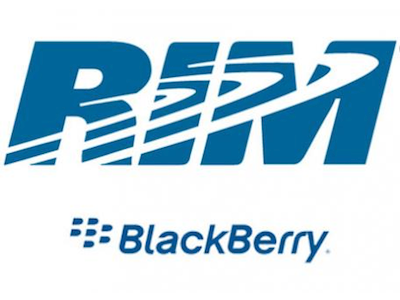Nokia and Research in Motion have announced a settlement deal to end all their existing patent disputes.
RIM has agreed to deliver a one-time payment to Nokia to settle the cases, but the former will give Nokia "ongoing payments" for the right to utilize its patents.
Nokia had argued that RIM's use of the wireless networking technology belonging to the Finnish company in its products violated its patents. RIM said that it did utilize WLAN in its products, but believed the use was covered under the initial contract.
However, RIM was ordered by a court to reach a royalty agreement with Nokia or risk a sales injunction on its entire slate of BlackBerry smartphones. The ruling itself could not be appealed.
Neither Nokia nor RIM revealed the cash value of their agreement and also declined to confirm which patents were included in the deal. They did, however, state that all patent litigation across the U.S., UK and Canada has ended.
"We are very pleased to have resolved our patent licensing issues with RIM and reached this new agreement, while maintaining Nokia's ability to protect our unique product differentiation," said Paul Melin, Nokia's chief intellectual property officer.
According to Nokia, the cell phone manufacturer has spent approximately $59.4 billion on research and development over the duration of the last 20 years.
Get Tom's Hardware's best news and in-depth reviews, straight to your inbox.

Zak Islam is a freelance writer focusing on security, networking, and general computing. His work also appears at Digital Trends and Tom's Guide.
-
burmese_dude Apple and Samung patent dispute = 1 billion +Reply
Nokia and RIM patent disputes = $38.50 -
back_by_demand I like this, initial arguement about patents ends in an amicable agreement and an ongoing licensing deal so everyone can contiune to do businessReply
...
Totally unlike the "thermonuclear war" by Apple, who want to put anyone out of business and have permanent injunctions against the whole universe -
neblogai 2 A Bad Day: the one that is dying is Apple- while it is stalling, RIM is making a comeback, and Nokia is changing back into a competitive one. Most likely, Android will rule at least 50%, with Apple, RIM, and W8/Nokia having equal share of the rest.Reply
